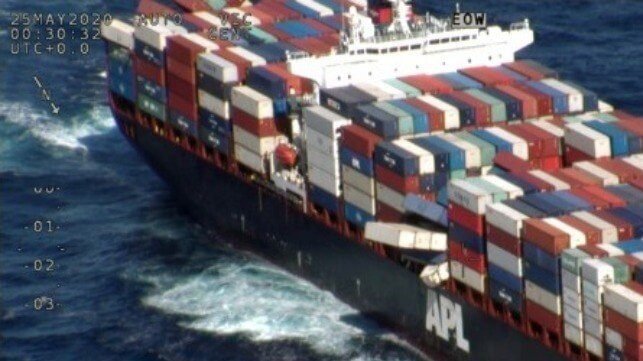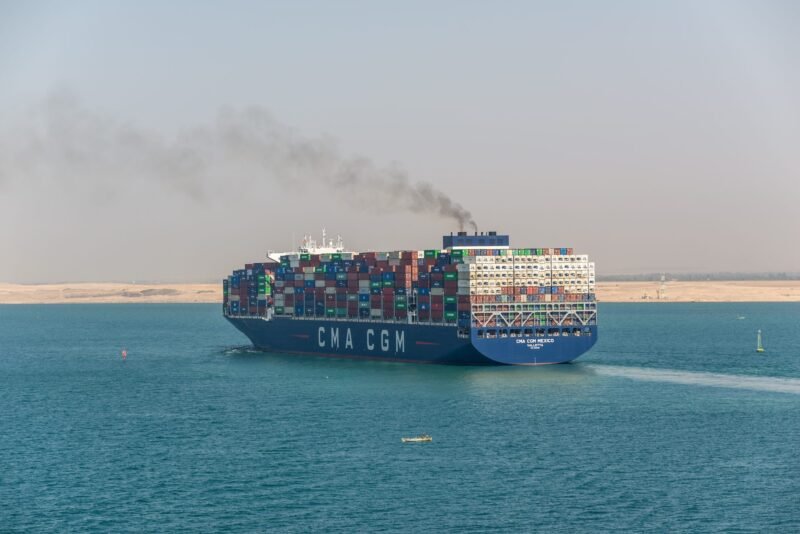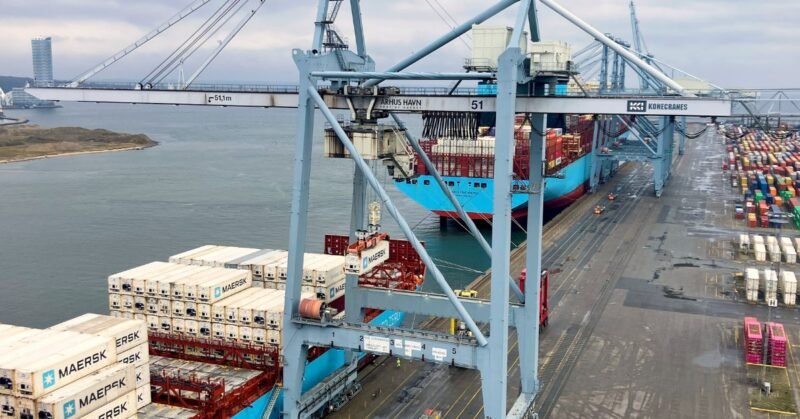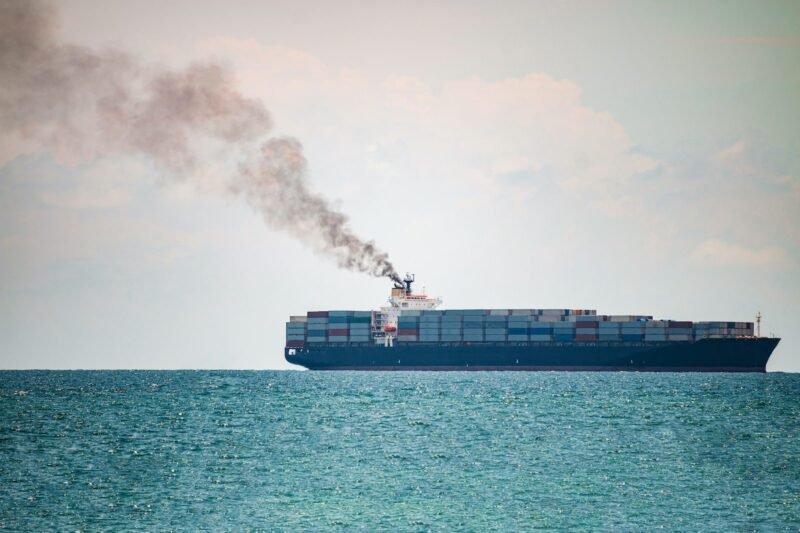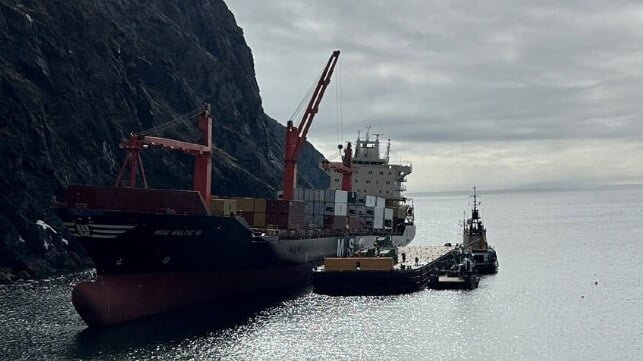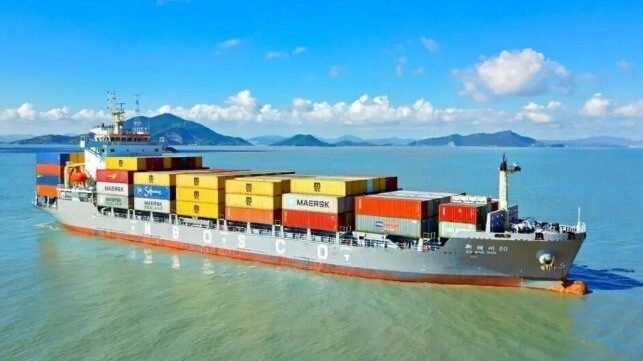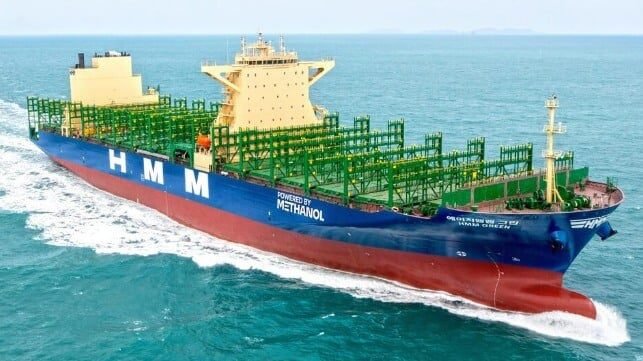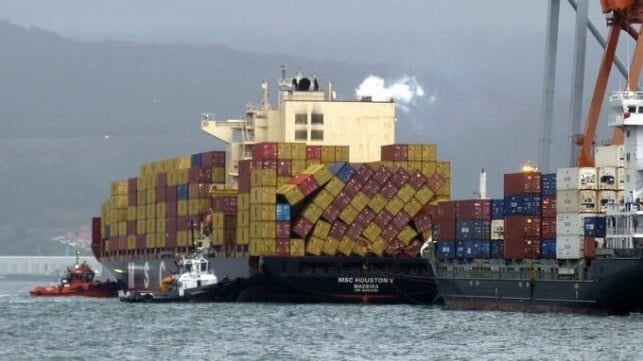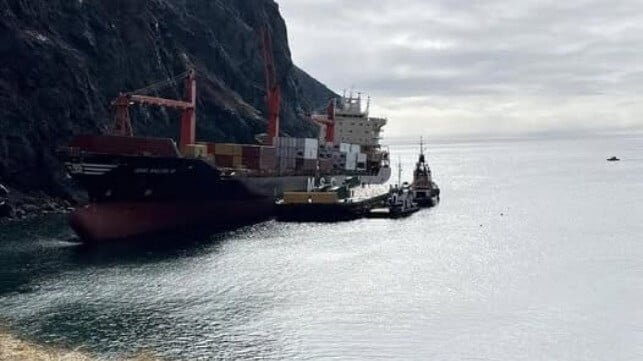Cargo insurer TT Club emphasizes the importance of proper container stowage and weight distribution to prevent containers from falling overboard during heavy weather conditions. According to TT’s Peregrine Storrs-Fox, while ships cannot completely avoid the impact of rough seas, measures can be taken to mitigate the risks associated with high waves and wind. Sticking to a stowage plan, which places heavier containers at the bottom and lighter ones at the top, is crucial for maintaining stability during transit.
Storrs-Fox highlights the alarming discrepancies of up to 20% between planned stowage and actual final stowage on board, indicating a need for improved practices in container loading procedures. Once a vessel is at sea, the crew and operators must manage the risks of severe rolling, especially in areas prone to rough seas like the Cape of Good Hope. TT’s studies have identified parametric rolling and synchronous rolling as key risk factors for container stacks toppling over, emphasizing the importance of analyzing wave conditions and implementing data-driven strategies to reduce these risks.
In light of recent incidents such as the loss of 99 containers from the CMA CGM Belem during a storm off South Africa, TT Club stresses the need for increased awareness and proactive measures to enhance container ship safety. By addressing issues related to container stowage, weight distribution, and responding to specific wave patterns, the industry can work towards minimizing the occurrence of containers falling overboard, ultimately improving the safety and efficiency of container shipping operations.


